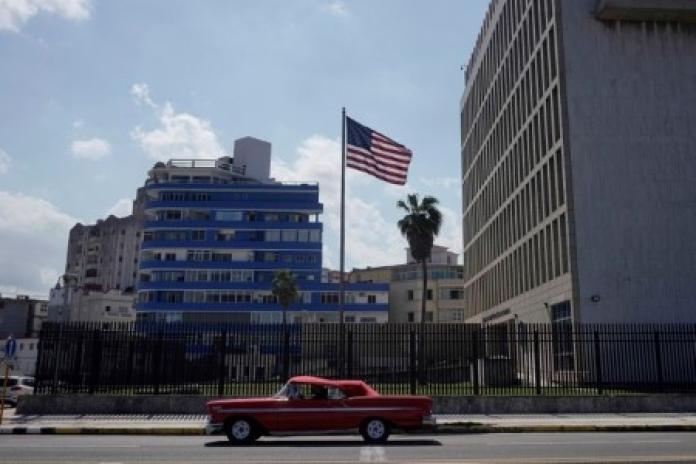WASHINGTON/HAVANA, (Reuters) – The United States yesterday moved to lift some Trumpera restrictions on remittances and travel to Cuba even as it fended off criticism for blocking the Communist run island and long-time foe from attending a regional summit this week.
The amended regulations, set to be published in the U.S. Federal Register today, will provide further fine print around a broader easing of U.S. restrictions on Cuba first announced by the administration of President Joe Biden in May.
A Treasury Department official said publication of the new regulations was purposefully aligned with the U.S.-hosted Summit of the Americas in Los Angeles.
The conference was initially conceived as a platform to showcase U.S. leadership and support for Latin America. But that agenda has been partially undermined by a boycott by some regional leaders upset at Washington’s decision to exclude Cuba, Venezuela and Nicaragua.
Washington has said it has concerns about human rights and a lack of democracy in those three nations.
The Cuba-related rule changes this week allow U.S. citizens to once again travel to Cuba on group educational trips hosted by U.S.-based travel companies or organizations, and to attend professional meetings and conferences in Cuba.
The regulations also lift a $1,000 quarterly limit on family remittances to Cuban nationals who are close relatives and allow U.S. citizens to send funds to non-family members on the island.
The Biden administration last week removed restrictions on flights to Cuba imposed by former U.S. President Donald Trump, including ending a prohibition on U.S. airline flights to Cuban airports other than Havana.
The United States has also promised to ramp up the number of immigrant visas it issues to Cuban nationals in a bid to combat a growing migration crisis at its border.
Cuba´s government has welcomed the changes but says they fall far short of lifting the Cold War-era embargo imposed on it by the United States, which it blames for the island’s economic crisis.





